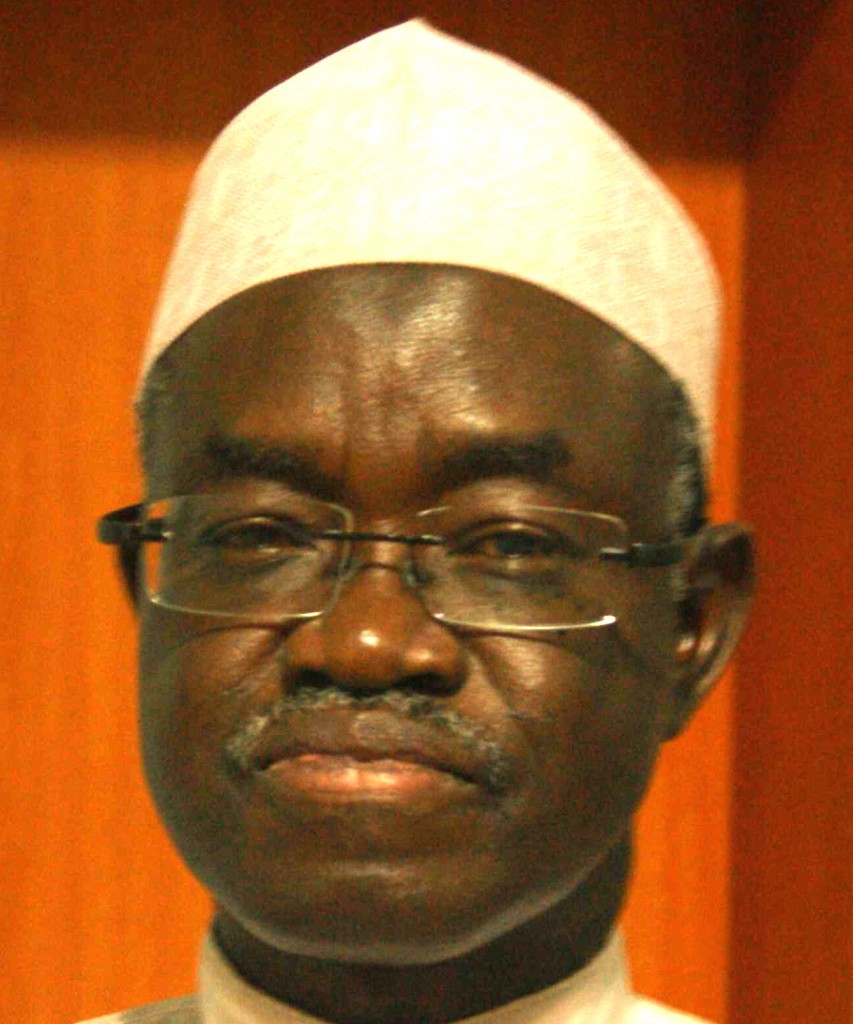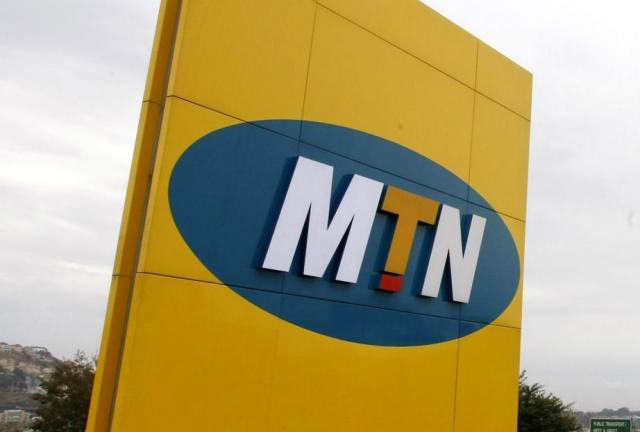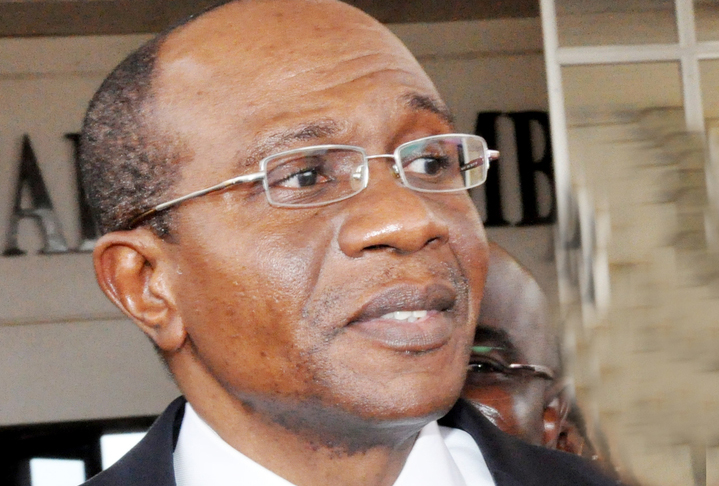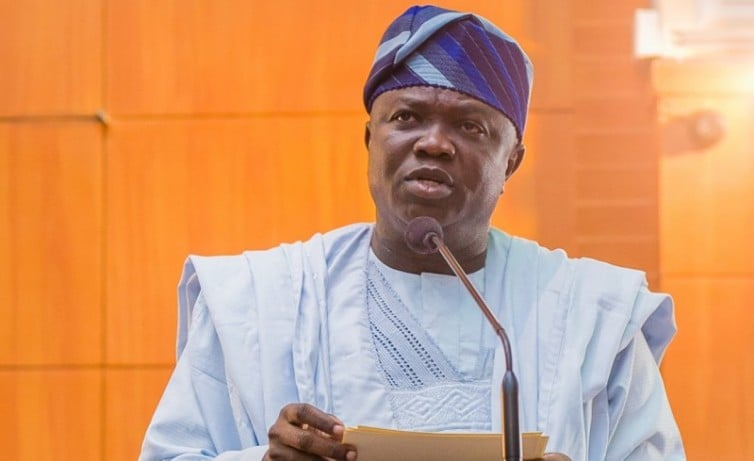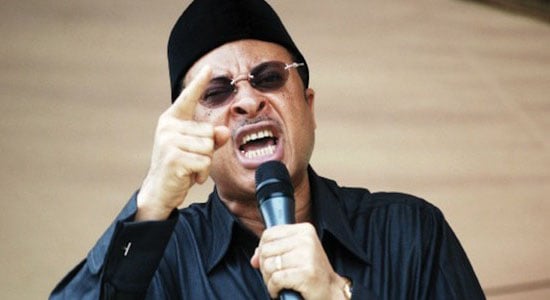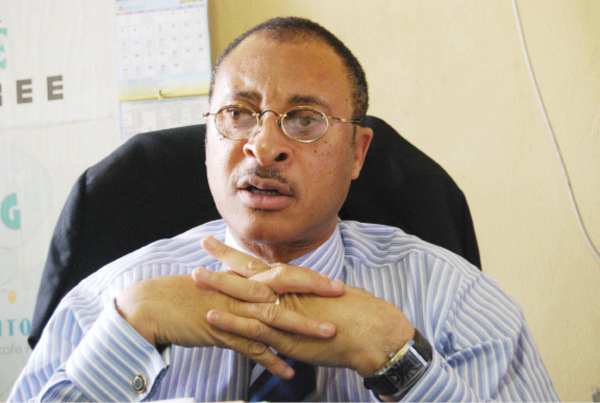MTN Nigeria, the proverbial hen that has laid the equally proverbial golden egg for its local and foreign shareholders, is in deep trouble. And it’s no exaggeration to say the prospects of foreign investment in the country’s economy hangs on how that trouble is resolved.
MTN’s trouble is, of course, the unprecedented and extremely punitive penalty of US$ 5.2 billion (about I.5 Trillion Naira) that the Nigeria Communication Commission (NCC), the country’s telecommunication industry regulator, imposed on the company in October last year. This was as a result of what the regulator said was MTN’s refusal to carry out its order for the deactivation of its improperly registered SIM (subscriber identity module) cards, the small cards in mobile phones used to store data about service providers and their subscribers.
NCC’s penalty was based on Sections 19-21 of its 2011 regulations on the country’s mobile telephony that provides for a fine of N200,000 for each improperly registrated SIM card that is active.
Its instructions to all four big service providers in the country, i.e. MTN, Glo, Airtel and Etisalat, were based on the well-founded fears that improperly registered SIM cards have often been used for violent crime, terrorism especially.
Advertisement
At the time NCC gave the order it said it had identified over 38 million such cards, 18 for MTN, 7.4 for Airtel, 2.2 for Glo and 10.4 for Etisalat. All, it said, deactivated theirs except MTN.
As at November last year, the four service providers had between them about 148.5 million subscribers, with MTN as No.1 with nearly 62.5 accounting for 42% of the subscribers, Glo a distant No. 2 with 31.3 (21%), Airtel a close No. 3 with 31.1 (21%) and Etisalat bringing the rear with nearly 23.5 (16%).
Not long after NCC announced the penalty, MTN wrote the regulator admitting guilt and seeking for reprieve. The letter was very much unlike MTN in the public eye; a telecommunication behemoth whose success – its brand value, for example, was recently valued at US$4.7 billion – had so much gone into its head that it cared little about what its subscribers thought of its services, which were often shoddy and relatively costly.
Advertisement
The company’s success was truly phenomenal. It first got its license in August 2001, almost literally to print money, along with Airtel, which started out as Econet but which has changed its name at least five times, and the now moribund government owned M-Tel. At that time a SIM card cost as much as a princely 20,000 Naira and an average of 5,000! These were way below the cost of acquiring a fixed line from NITEL, the government telephone monopoly whose choking grip on the industry ended with its deregulation in the early nineties by military president, General Ibrahim Babangida, but those princely sums were still way beyond the reach of the poor.
The dubious privatization of NITEL itself under President Olusegun Obasanjo, however, soon killed M-Tel, its mobile baby, almost at birth. Then, first Glo in August 2003 and then Etisalat in October 2008 entered the market and opened it up for competition against the duopoly of MTN and Airtel.
That, of course, has since led to the crash of the cost of SIM cards to as little as 200 Naira, and of the rates of the services the four provide, making mobile phone affordable virtually to all but the poorest of the poor. However, since then all four companies have, as they say, been laughing all the way to their banks to the delight, of course, of their shareholders.
The most profitable of the lot, as we all know, is MTN. It generates about 190 billion Naira profit after income tax of 80 billion annually and has a shareholders fund of about 260 billion. Americans own 20% of those shares by virtue of owning a fifth of the parent company, MTN Group, based in South Africa.
Advertisement
Little wonder then that last month Eric H. Holder, Jr., until recently America’s Attorney General, came calling last month to discuss a review of NCC’s hefty penalty with the country’s authorities. Holder, Jr. came as a senior attorney in Covington & Burling LLP, an old and influential international law firm with offices in Beijing, Brussels, London, New York, San Francisco, Seoul, Shanghai, Silicon Valley, San Diego, and Washington, DC, with its headquarters in the American capital. Presumably he came with a brief to defend the interests of his country’s shareholders.
Clearly what we have here is big league negotiation whose outcome can make or mar our drive for foreign investment.
When MTN tendered its “unreserved apology” to NCC for its misconduct and pleaded for a review of the hefty penalty, the regulator obliged by reducing it by 25% from 1.5 trillion Naira to 780 billion or US$3.9 billion. Still not satisfied, the company pleaded, early December, for even more reduction because the revised amount, it said among other things, was nearly four times its shareholders fund and would take between three to four years’ cash flow to offset. This, it said, was bound to have a negative impact on its network expansion.
It also said the fine exceeded its net asset value of US$ 894 million, or about 268.2 billion Naira, which would amount to making the company technically insolvent. Not least of all, the penalty, it said, had no precedence anywhere in the world; the highest such fine, it pointed out was US$ 239 million levied in France in 2012 on Orange and Vivendi.
Advertisement
MTN offered instead to pay NCC 99.85 billion Naira cash annually for five years, another 49.93 billion cash to any charitable cause of government’s choice and free government access, worth about 69.90 billion Naira, to MTN’s extensive fibre network for the expansion of public e-projects like visa processing, identity card registration and networking of schools. The three offers added up to a total of 219.68 billion.
NCC’s reply was swift and angry. It would no longer, it said, entertain any further explanation from the company. Instead it drew MTN’s attention to what it said was the fact that even the initial penalty of 1.5 trillion Naira was not arbitrary as it was based on the provisions of the Registration of Telephone Subscribers Regulations, 2011. It also said it objected to MTN’s comparison of its fine with similar ones elsewhere. Such comparisons, NCC said, was “totally irrelevant” to the case at hand. MTN, it warned, must pay up by December 31 or…
Advertisement
Predictably, an alarmed MNT responded to what it must have regarded as a threat to its solvency, if not to its very existence, by heading for the courts. It employed the services of seven Senior Advocates of Nigeria led by Chief Wole Olanipekun to take its case before a Lagos Federal High Court, praying for the penalty to be quashed.
The ensuing stalemate is what must have brought the Americans into the fray concerned, as they always are, about their interests abroad. Since the former US Attorney General’s intercession, MTN has accepted to make an unconditional down payment of 10% of the revised penalty to NCC, without prejudice to the final outcome of the negotiations.
Advertisement
MTN may have behaved arrogantly in the past, especially because its main Nigerian owners seemed to believe they had the past authorities locked under their armpits. Even then it is unwise to kill a company which, like it or not, has more or less become too big to fail, given its size and role in an industry – telecommunication – that is now the single biggest contributor to our public revenue, next only to oil and gas.
Penalties are meaningful and sensible only if they serve as deterrence to the culprit and to others. They are useless, or worse still, they amount to cutting one’s nose to spite one’s face, if they serve only to kill the culprit and risk discouraging investors at home and abroad from betting on Nigeria’s future.
Advertisement
MTN deserves greater punishment than its counter-offer, given its misdemeanour and past impunity. But surely even the revised fine is grossly disproportionate to its offense. Hopefully, the matter can be resolved quickly and amicably in the best interest of all concerned; the Nigerian government, its shareholders and the public alike.
Please stop this nonsense
Talking about betting on Nigeria’s future reminds me of a recent development in Abuja which can only remind one of the despicable political opportunism of some people in recent past that has done a lot to discredit our politics.
I am talking about the huge billboards that have gone up at various strategic locations in our capital city sponsored by an organization calling itself “I Stand With Buhari” in his fight against corruption. Its sponsors are threatening to shut down Abuja with a nine-million-man march in March, ostensibly in solidarity with President Muhammadu Buhari over his avowed crusade against corruption.
It all reminds one of inglorious million-man march spearheaded by one, Daniel Kanu, back in the nineties in support of late General Sani Abacha’s never stated but well-known agenda of shedding his khaki as military dictator for mufti as civilian president.
There are many ways to identify with the president in his crusade against corruption. But erecting billboards with empty populist slogans all over the place, especially of the kind we saw under the last president, is certainly not one of them. On the contrary, it is crass business-as-usual political opportunism that the authorities must do everything they can to dissociate themselves from.
Views expressed by contributors are strictly personal and not of TheCable.
